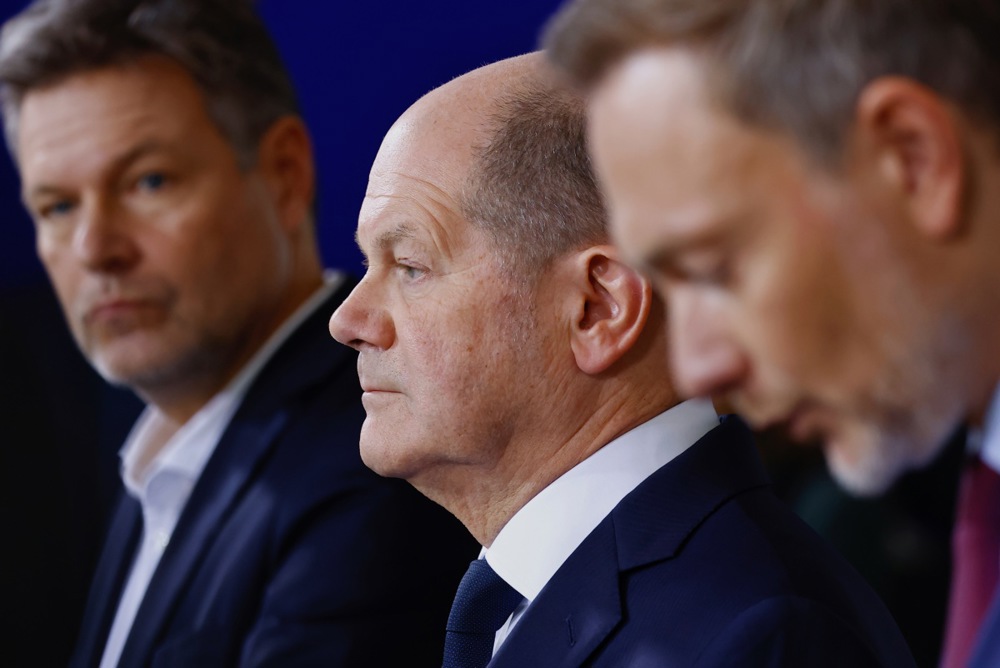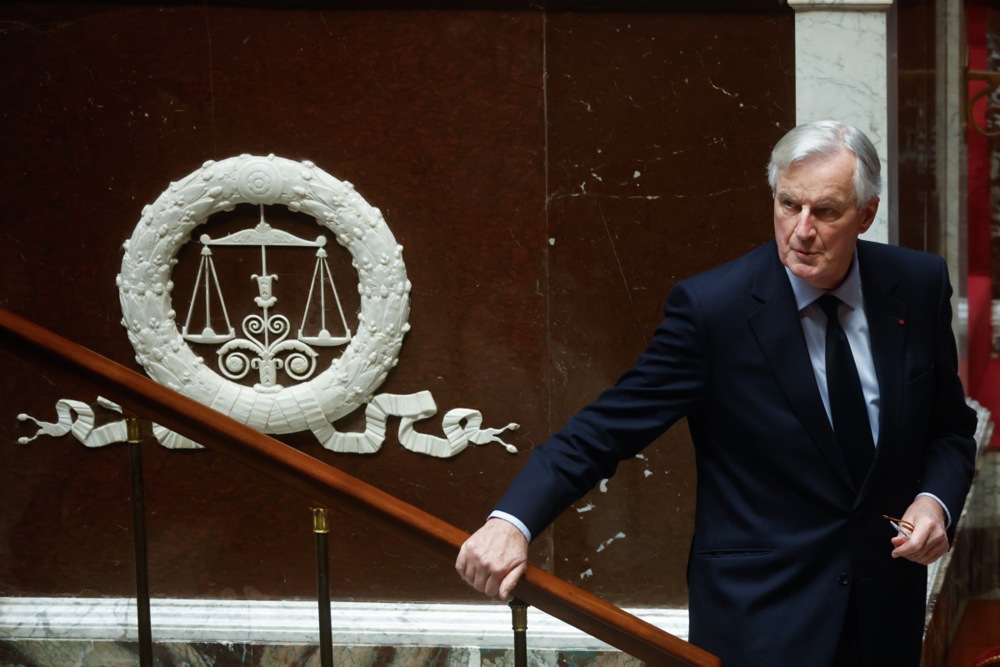Belgium has asked the European Commission for a new delay on its obligation to present a budget plan as coalition talks drag on.
The country had federal elections on June 9, 2024 and, 206 days later, there still is no government coalition. The clock is ticking to fix its derailed budget.
Belgium has one of the worst levels of debt in the European Union, which led to the the European Commission starting an excessive deficit procedure against the country in June 2024.
It has made little progress in fixing its budget and deficits and has now asked the EC for extra time.
In September, the outgoing government had requested a delay regarding its budget plans until the end of 2024. After missing that deadline, it is now seeking further postponement.
It told the EC there was not a concrete end date it was aiming for but that it hoped to be able to complete the Belgian budget plan in the “medium term”.
Belgium could present a plan “hopefully in the near future … based on a strong political commitment from the new federal government”, it said.
An EC spokesperson told Brussels Signal on January 3 that the Belgian authorities had sent a letter to Maarten Verwey, the EC’s Director-General for Economic and Financial Affairs, requesting another extension for the submission of the Medium-Term Fiscal Structural Plan (MTP), or budget, “without specifying a precise date”.
Th EC is reportedly assessing that request.
In late November, the body urged Belgium to swiftly form a federal government, warning that the country’s deficit was projected to increase from 4.6 per cent in 2024 to 5.3 per cent in 2026. That would be well above the mandated target of 3 per cent or lower.
Finance Commissioner Valdis Dombrovskis demanded that Belgium followed a strict four-year fiscal adjustment path rather than the more lenient seven-year option. That would require an annual reduction in the structural primary balance of 0.72 per cent of GDP between 2025 and 2028.
Additionally, the EC imposed restrictions on Belgium’s future public spending growth, significantly limiting the country’s flexibility to implement new policies.
If Belgium was able to show progress, the seven-year option could be on the table again, or as the spokesperson told Brussels Signal: “Upon submission and endorsement by the Council of Belgium’s medium-term plan, a new corrective net expenditure path could be recommended.
“Either way, Belgium has been given the deadline of end-April 2025 to take the necessary measures to comply with the EDP recommendations. Once this deadline has passed, the Commission and the Council will assess the action Belgium has taken.”
In the absence of a new budget, the Belgian caretaker government approved an emergency budgeting measure – the previous approved budget divided into 12 indexed equal parts. This arrangement would remain in effect until a new federal government presented its own budget.
The budget deficit stands at an estimated at €1.5 billion. That would rise to €2.46 billion out of €6.3 billion of revenue under an unchanged policy: double that estimated before the election.
Debt interest expenses are also rising steadily, from a predicted €395.9 million in 2025 to €632.7 million in 2029.
The Belgian Court of Auditors has refused to comment on the country’s accounts for four years in a row, which it has said was because of “insufficient and adequate information”.
Despite the difficult budgetary situation and the protracted negotiations, the mood among the negotiating parties appeared to have improved in recent days. Some politicians said they hope to form a government near the end of January.





